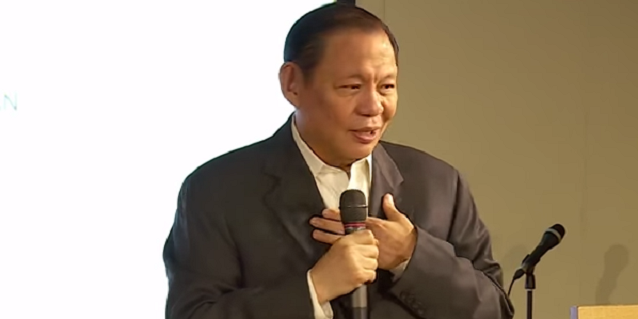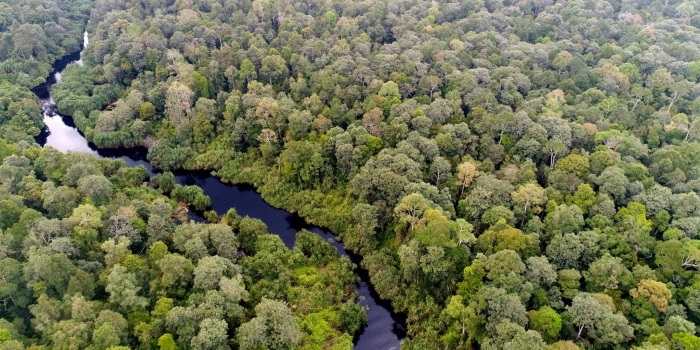It is so embedded in our daily lives that we often take its value for granted. Amidst the constant barrage of emails and digital messages that flood our computers and mobile devices, we often forget the value of paper.
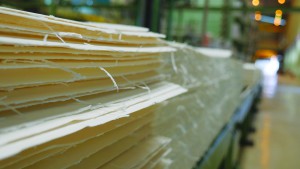 “The thing that I really enjoy about paper-making is that every sheet of paper we produce will be seen, touched and handled by another human being,” said Wahyu Setiady, a veteran in the Indonesian paper industry. “Paper is an important communication medium despite the growing use of smart-phones, tablets and the internet.”
“The thing that I really enjoy about paper-making is that every sheet of paper we produce will be seen, touched and handled by another human being,” said Wahyu Setiady, a veteran in the Indonesian paper industry. “Paper is an important communication medium despite the growing use of smart-phones, tablets and the internet.”
Wahyu’s career in the pulp and paper industry spans 17 years. His professional respect for the industry is clearly reflected in the value he places on each sheet of paper. “The nice thing about communicating with top quality paper is that the time, care and attention given to producing each sheet serve to communicate something deeper to the recipient.”
It is an industry he cares deeply for. Today, Wahyu is a paper mill manager of RAPP’s operations. Having begun his journey in this field in the late 1990s, Wahyu’s strong attention to detail and passion for the industry saw him assume key roles as the operations grew. He represents a pool of quality local talent which the Indonesian pulp and paper industry has been building over the years.
“The industry is fascinating in its ability to blend ancient and modern technology to produce a commodity that is essential to every aspect of our lives,” explains Wahyu. “The making of pulp and paper as discrete fibers dates back two thousand years when the Chinese inventor Tsai Lun dissolved plant fibers in lye to form sheets of paper. Today, a similar practice is combined with hi-tech and hi-speed equipment, inter-connected by fiber optic networks and fast industrial microprocessors.”
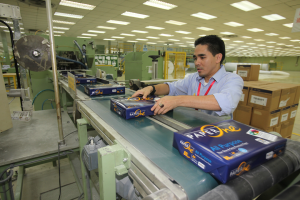 Despite the paperless trend in a digital world, demand for paper is expected to continue to grow. In the US, the per capita consumption of paper is about 250 kilograms per year, while the demand for paper in Indonesia is only about 12 to 15 kilograms; but as countries develop, the consumption of paper and paper related products is likely to increase further.
Despite the paperless trend in a digital world, demand for paper is expected to continue to grow. In the US, the per capita consumption of paper is about 250 kilograms per year, while the demand for paper in Indonesia is only about 12 to 15 kilograms; but as countries develop, the consumption of paper and paper related products is likely to increase further.
Indonesia’s tropical climate provides an added advantage to the pulp and paper industry. In Indonesia, trees can produce good timber which is ready for cutting in only 6 to 8 years, whereas in other regions such as Scandinavia and Europe, it would take between 70 to 120 years. In warmer climates such as Spain, eucalyptus trees – one of the most productive species in wood quantity for pulpwood production – can still take close to 20 years to mature.
Against the growing demand for paper globally, Wahyu is clear that businesses have to shoulder sustainability responsibilities. “Business is not just about making money. There must be a moral imperative – doing what is right for the community, the country as well as the company. For example, the well-being, health and safety of our workers, contractors and their families are paramount. We all share the same planet and we depend on its resources for our lifetime and beyond.”
The above article is published in the Jakarta Globe on April 20, 2015. The whole feature may be viewed here.



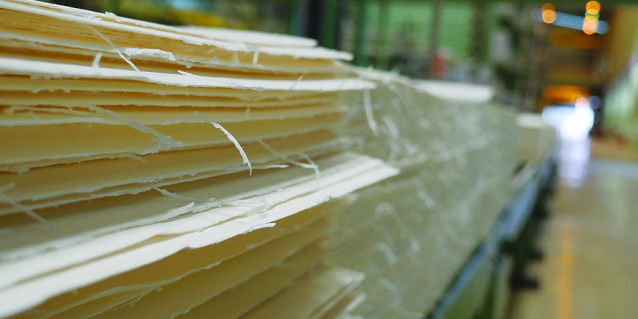


![[SWA Interview] Tony Wenas: APRIL is about Sustainable Forest Management](https://www.inside-rge.com/wp-content/uploads/2016/01/Inside-RGE-Tony-Wenas-APRIL-GlobeAsia-interview.png)
